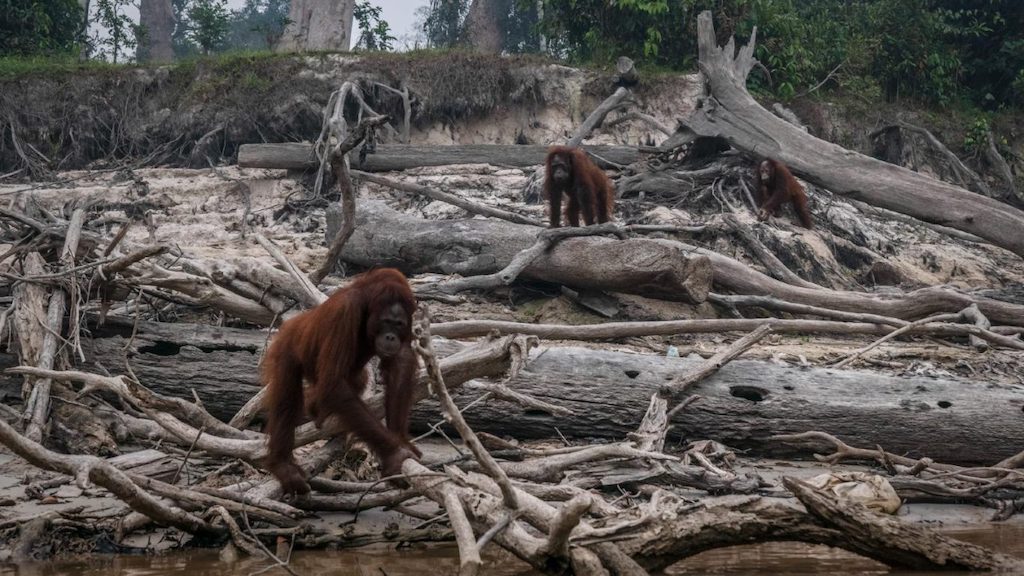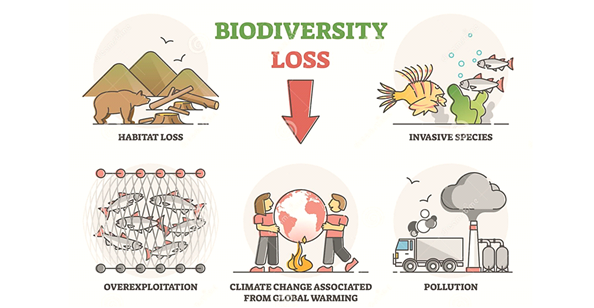
Biodiversity depletion is the loss of biodiversity due to human activities such as pollution, habitat destruction, overfishing, and climate change. Biodiversity loss is a major global environmental concern as it can lead to the extinction of species, ecosystem collapse, and a decrease in the health of ecosystems. Biodiversity depletion can also lead to economic losses as species that are important for human activities, such as food production and medicinal development, disappear. There are a number of strategies that can be employed to protect biodiversity and restore depleted ecosystems, including protected areas, sustainable forestry, and sustainable agriculture. The over exploitation of natural resources includes the depletion of both renewable and non renewable resources. Renewable resources, such as water, soil, and air, are depleted when they are used faster than they can be replenished. Non renewable resources, such as minerals and fossil fuels, are depleted when they are extracted and consumed faster than new supplies can be developed. Over exploitation of natural resources can lead to a variety of environmental, economic, and social problems. These problems include soil erosion, air and water pollution, biodiversity loss, and economic instability.

Biodiversity ,ecosystem, depletion,
water, soil, and air ,
exploitation
